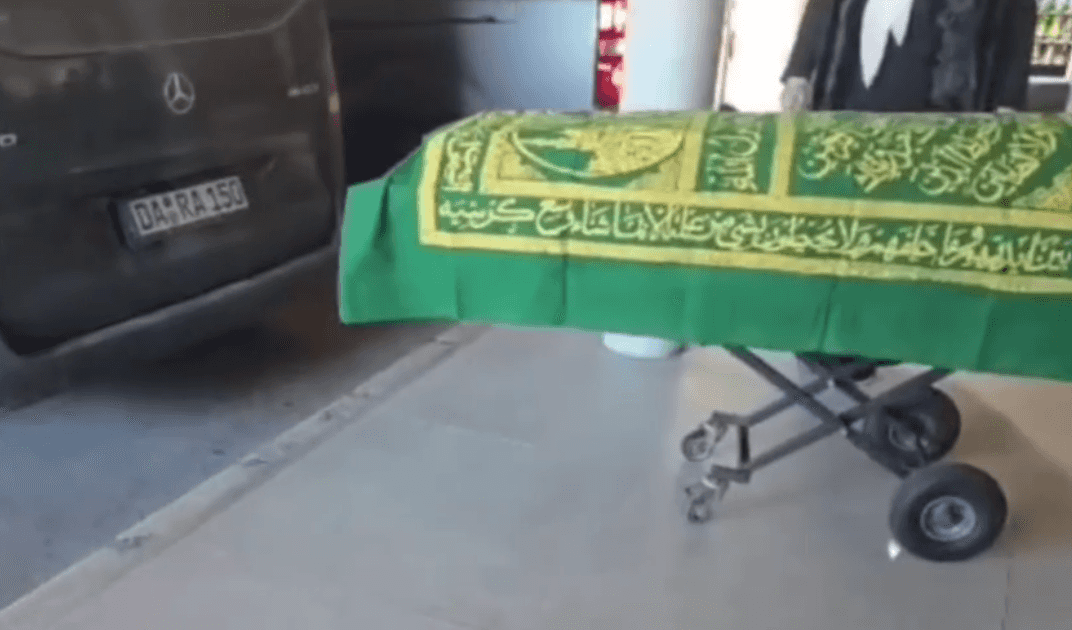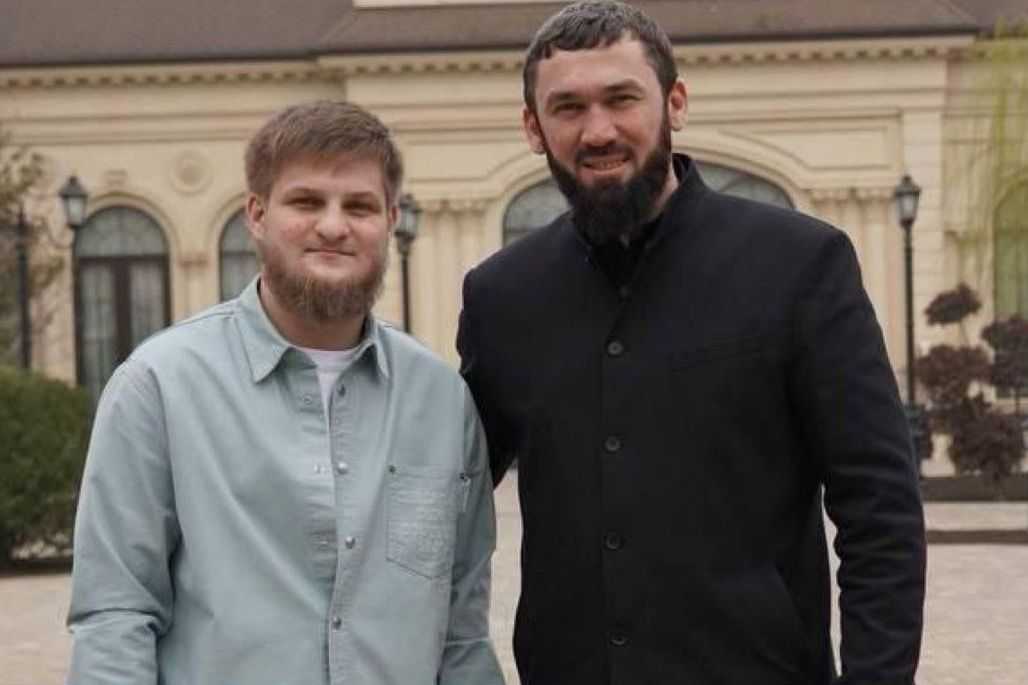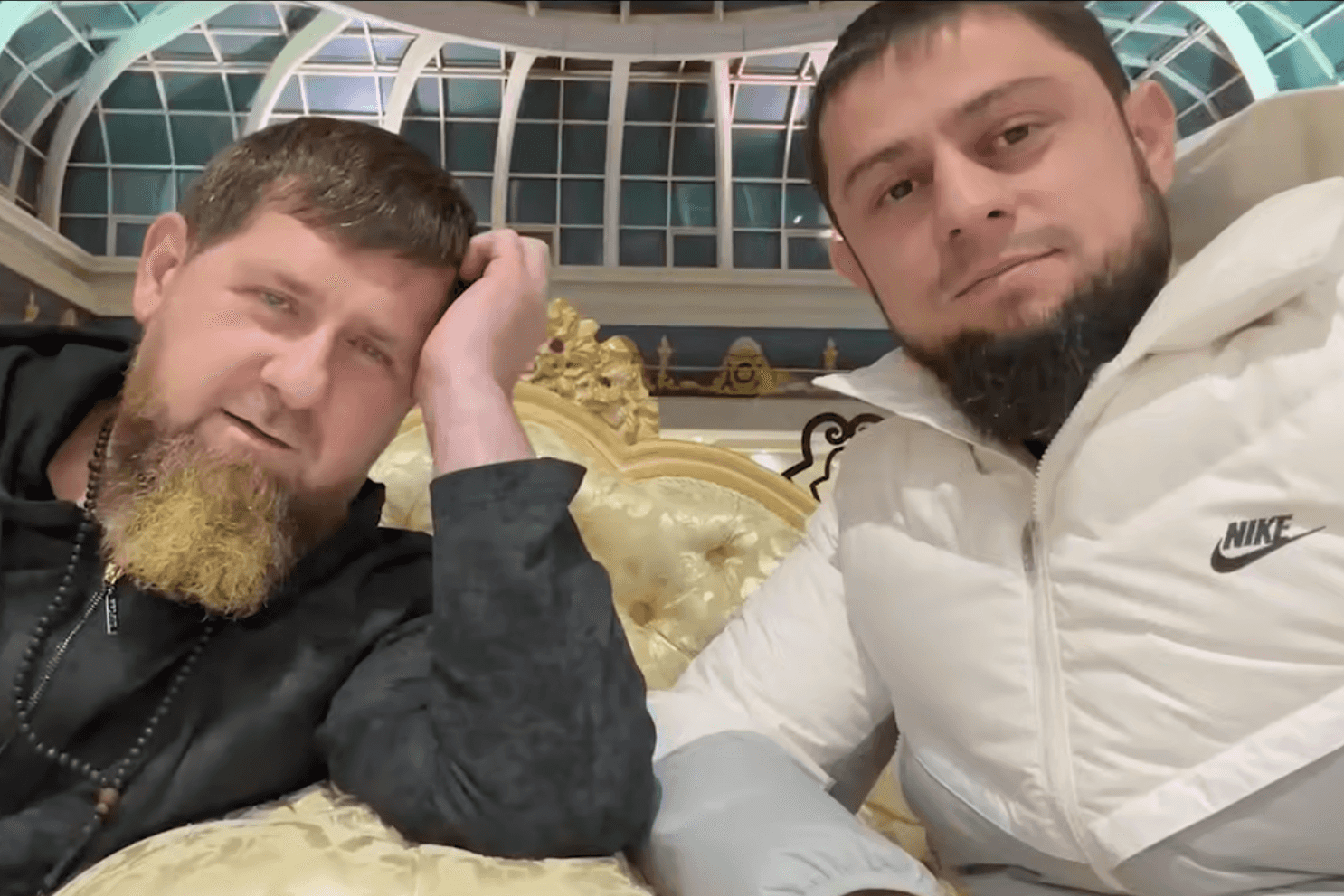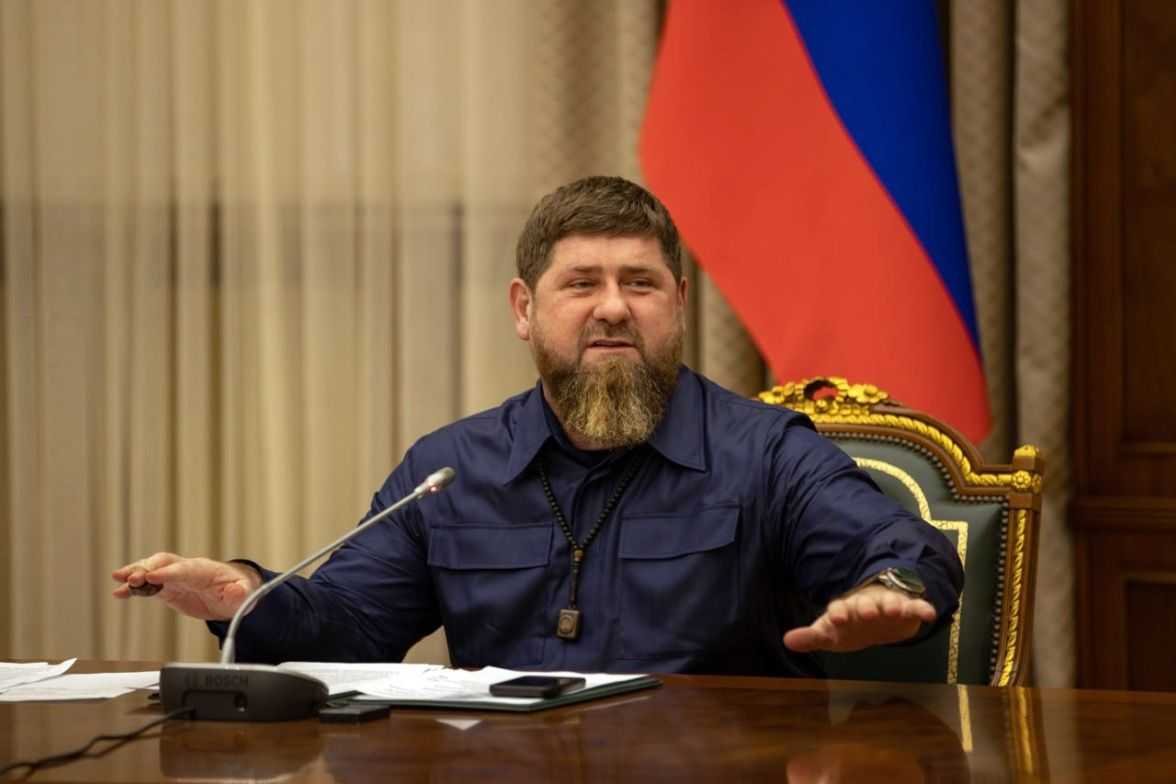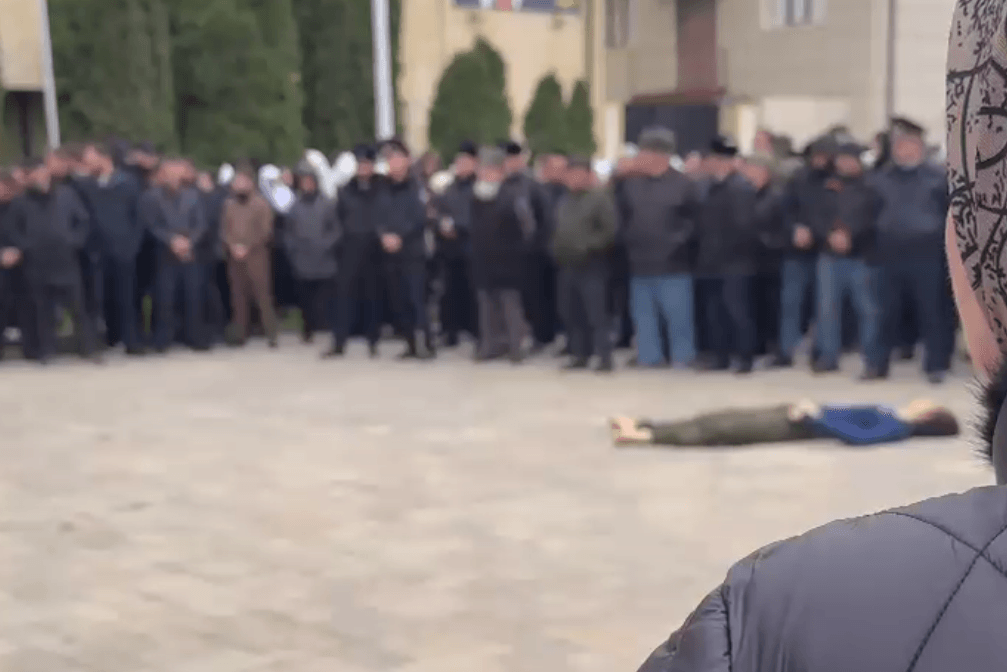
The body of 17-year-old Eskarkhan Khumashev, who killed a police officer in Achkoy-Martan, has reportedly yet to be laid to rest. According to the opposition movement NIYSO, seventeen days after he was shot dead, his body remains at the Achkoy-Martan police station, reportedly placed next to rubbish bins.
This information has not been independently verified by other sources.
On 7 April, 17-year-old Khumashev attacked traffic police officers with a knife in Achkoy-Martan. One officer was killed, and the attacker was shot dead at the scene.
According to the Russian independent media outlet Caucasian Knot, the motive behind the attack was a personal conflict with one of the police officers.
A father of Khumashev was allegedly forcibly taken to Chechnya from Moscow, where he was badly beaten and his limbs were broken.
NIYSO has also claimed that a rally was held in Achkoy-Martan on 9 April, which budgetary employees and students were forced to attend, and the body of Khumashev was brought to the rally and was placed on the ground in front of everyone and kicked by the attendees.
Following the 2002 Moscow theatre crisis, when Chechen terrorists took hundreds of audience members the Nord-Ost musical hostage, Russia introduced the practice of withholding the bodies of alleged terrorists from their families. This was formalised in Russian Government Decree No. 164 of 20 March 2003, which states that ‘the bodies of persons who died as a result of the prevention of a terrorist act are not to be handed over to their relatives.’
The refusal to release the bodies of 40 militants killed during the siege was the first application of this new law.
At the same time, even when the bodies were not returned to families, authorities — at least officially — always carried out burials.
For instance, in the 2004 Beslan school hostage crisis in North Ossetia, the dead bodies of 32 militants were buried in unmarked graves, with no notification to their relatives and no disclosure of the burial sites.
After the attack by armed militants in Nalchik in October 2005, in which, according to official figures, 95 militants were killed, authorities refused to return the bodies to their families. This decision sparked protests in Kabarda–Balkaria, where spontaneous rallies were held demanding respect for religious and familial traditions.
Around 50 families of the deceased appealed to the European Court of Human Rights (ECHR), arguing that their rights had been violated. Later, it emerged that the bodies of the 95 militants killed in Nalchik had already been cremated on 22 June 2006.
Among those denied access to the body of a relative were the family members of Aslan Maskhadov, the former president of the self-proclaimed Chechen Republic of Ichkeria. After his death in March 2005, his relatives unsuccessfully demanded the return of his body — supported by the Union of Committees of Soldiers’ Mothers.
The following year, the Constitutional Court of Russia reviewed a complaint from the families and upheld the legality of the law prohibiting the return of bodies of those accused of terrorism. However, the court emphasised that burials should be conducted with respect for religious rites and cultural traditions, and ruled that a body may not be declared as belonging to a former terrorist without a court decision.
In 2021, the ECHR ruled that the authorities’ decision to cremate the body and secretly bury terrorists violated the rights of their loved ones.
Nonetheless, the former Mufti of Chechnya, Sultan Mirzaev, supported the practice of secret burials. He argued that militants who were ‘drenched in blood’ did not deserve a traditional funeral.
At the same time, in 2020, 18-year-old Chechen immigrant Abdullah Anzorov, who beheaded schoolteacher Samuel Paty in France, was buried with honours in Chechnya. Hundreds of people reportedly attended his funeral.
Meanwhile, Yunus-Bek Yevkurov, the then-head of Ingushetia, strongly criticised the ban on Islamic burials for militants in Chechnya. In response, Chechen Head Ramzan Kadyrov accused Yevkurov of supporting terrorists, pointing out that Yevkurov had attended militants’ funerals and supported their families. Kadyrov stressed that terrorism had been nearly defeated in Chechnya, and the ban on traditional burials was a principled position held by the religious authorities. Yevkurov noted that Ingushetia had its own approach, which it did not impose on others.





